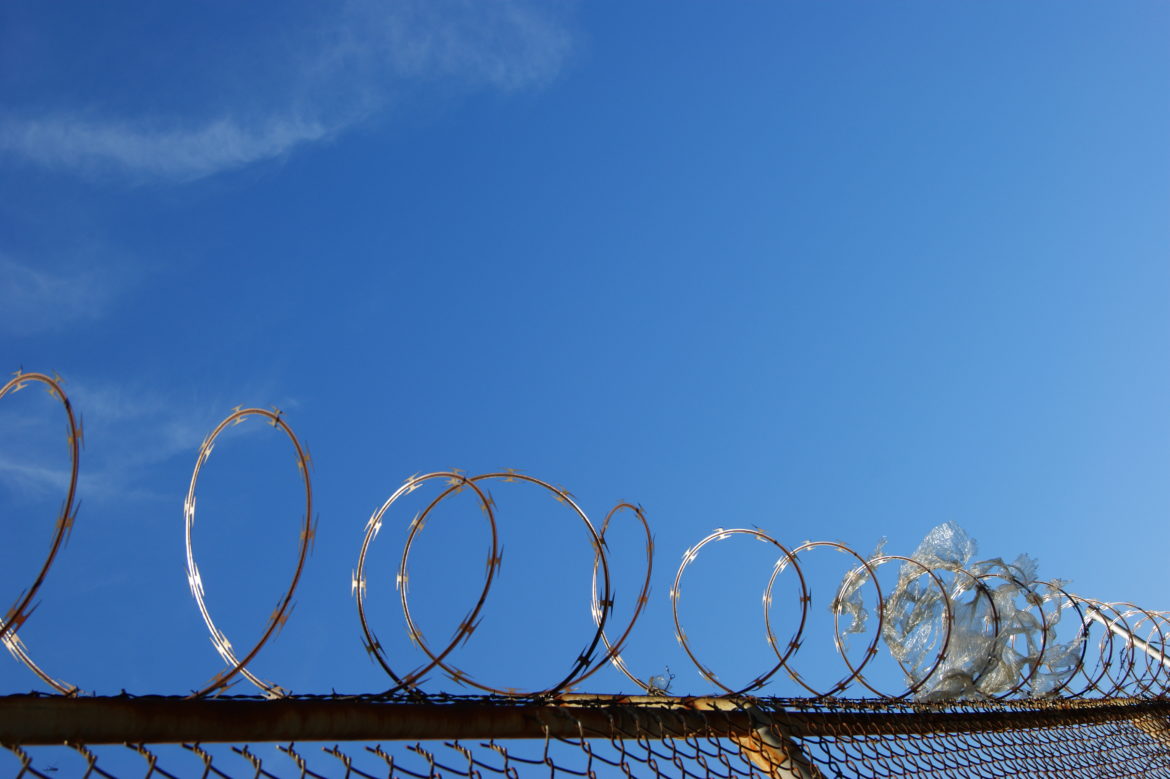In Indian Country, Child Sex Abuse Cases Fall Through Cracks
Disorganization, negligence and understaffing among federal and tribal agencies have caused thousands of child sexual abuse cases to stall or end.

Disorganization, negligence and understaffing among federal and tribal agencies have caused thousands of child sexual abuse cases in Indian Country to fall through the cracks, The Washington Post reports.
A Howard Center for Investigative Journalism analysis examined Justice Department data, finding that the Federal Bureau of Investigation has “closed administratively” more than 1,900 criminal investigations of child sexual abuse in Indian Country since 2011 on the grounds that these cases fail to meet evidentiary or statutory requirements.
This pattern contrasts with the prevalence of child sex abuse: such investigations accounted for about 30 percent of all major crimes on reservations closed by the FBI each year — more than any other type of crime, including murders and assaults, the analysis showed.
“There are a lot more child sexual abuse cases than are being reported,” said Dolores Subia BigFoot, who directs the Native American Programs at the Center on Child Abuse and Neglect at the University of Oklahoma.
BigFoot’s comments are consistent with the Howard Center’s findings. According to the analysis, U.S. attorneys pursued charges less than half the time in child sexual abuse cases from Indian Country, about one-third less often than they filed charges in other crimes.
Combatting sexual abuse is particularly difficult in Indian Country. Compounding the usual hurdles — the pressure for victims to stay silent, the scarcity of physical evidence, the likelihood a sexual abuser is a relative or family friend — are issues unique to reservations. Tribal and federal authority are spread across wide swaths of territory, making communication difficult.
Tribal courts are limited in the cases they may try. Child sexual abuse cases, considered major crimes, require federal government intervention. U.S. law also mandates the federal government intervenes when a suspect is non-native. In practice, authorities must rapidly determine the type of crime and identity of its suspect. Disagreements over these circumstances can stall — or end — an investigation.
The Howard Center found that insufficient evidence is the reason most often cited for not prosecuting child sexual abuse cases from Indian Country. Additionally, when it comes to accepting cases, U.S. attorneys and prosecutors have wide latitude. Most often, they favor prosecuting fraud and counterterrorism over violent crimes.
“The bottom line is that they just focus on the cases that are, you know, relatively easier to do,” said Troy Eid, former U.S. attorney in Colorado and current president of the Navajo Nation Bar Association.
In Indian Country, the entities tasked with responding to reports of child sex abuse are often understaffed. An independent assessment of the Navajo Police Department found “dangerously low” staffing was leading to slow response times, with only 158 patrol officers covering 27,000 square miles and 173,000 residents as of October 2020.
The conditions contributing to child sex abuse cases in Indian Country extend beyond court systems or police departments. According to the Post, these crimes are part of the legacy of sexual trauma that “began with colonization and continued in the boarding school era in which thousands of Indigenous children were taken from their families in a forced cultural assimilation program.”
“Chronic alcoholism, poverty and a lack of housing — all of which are widespread on many reservations — are a vestige of and a contributor to the cycle of child sexual abuse, experts say.”
This summary was prepared by CR Justice Reporting intern Eva Herscowitz.

 Landwebs
Landwebs 
























